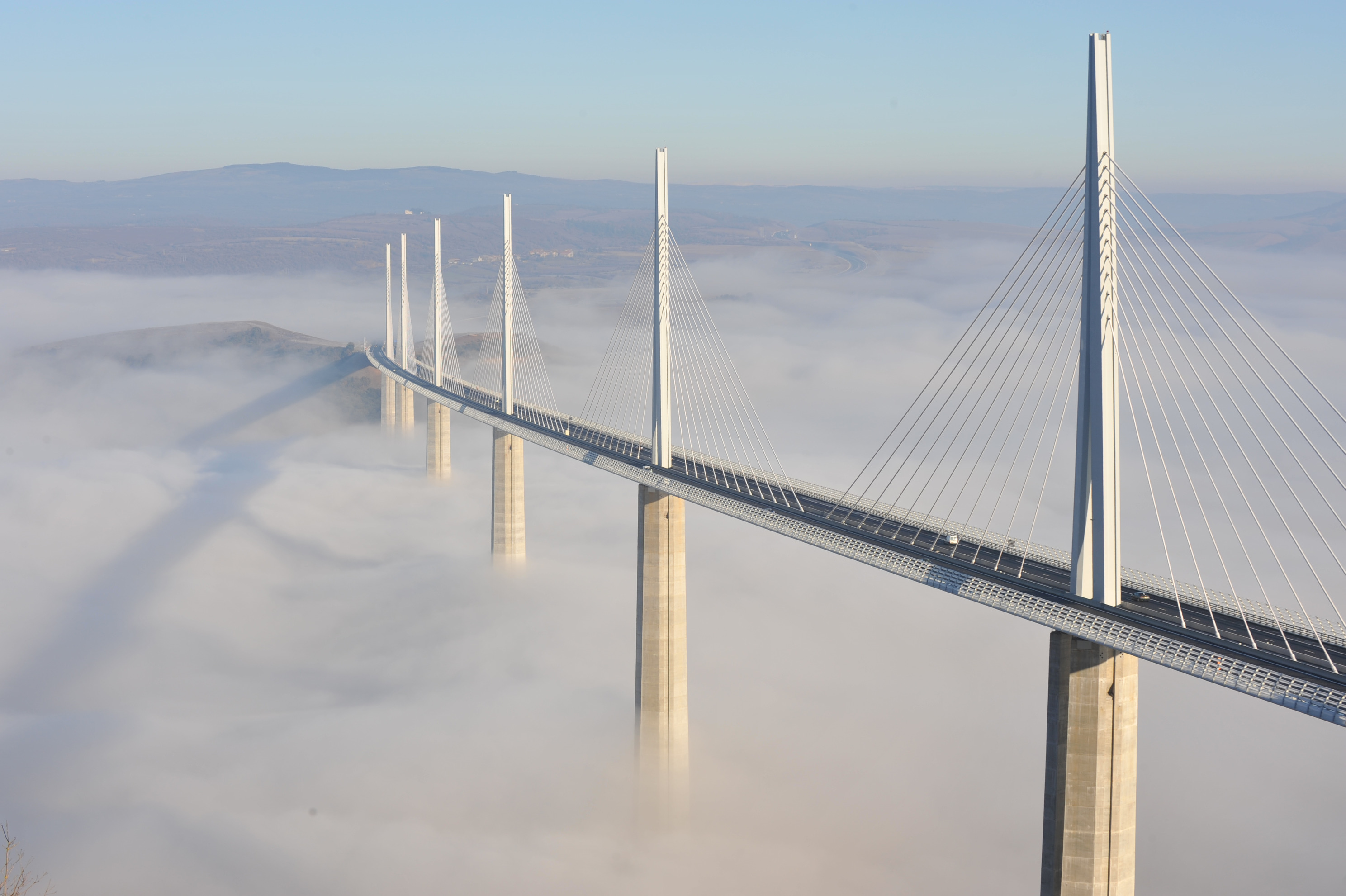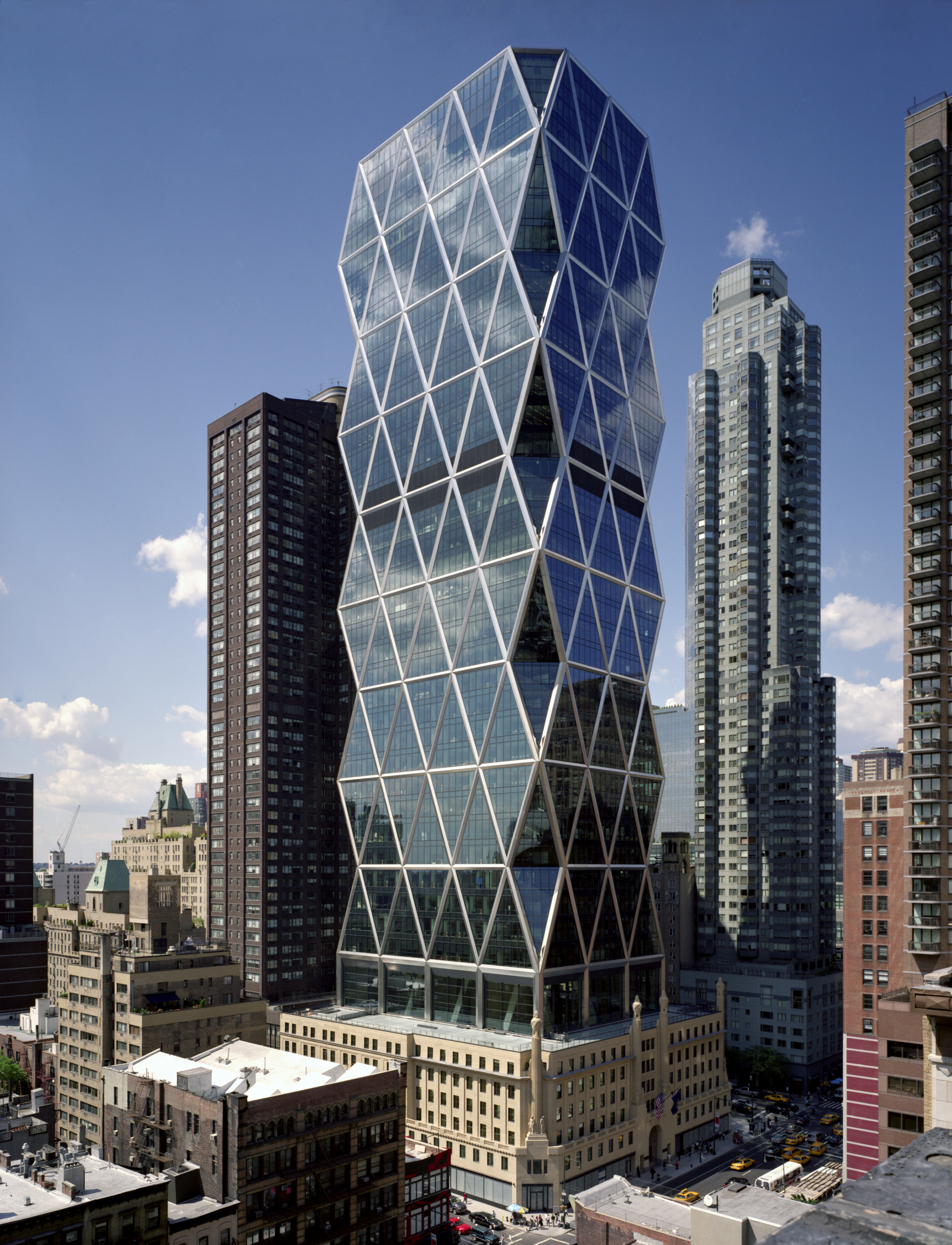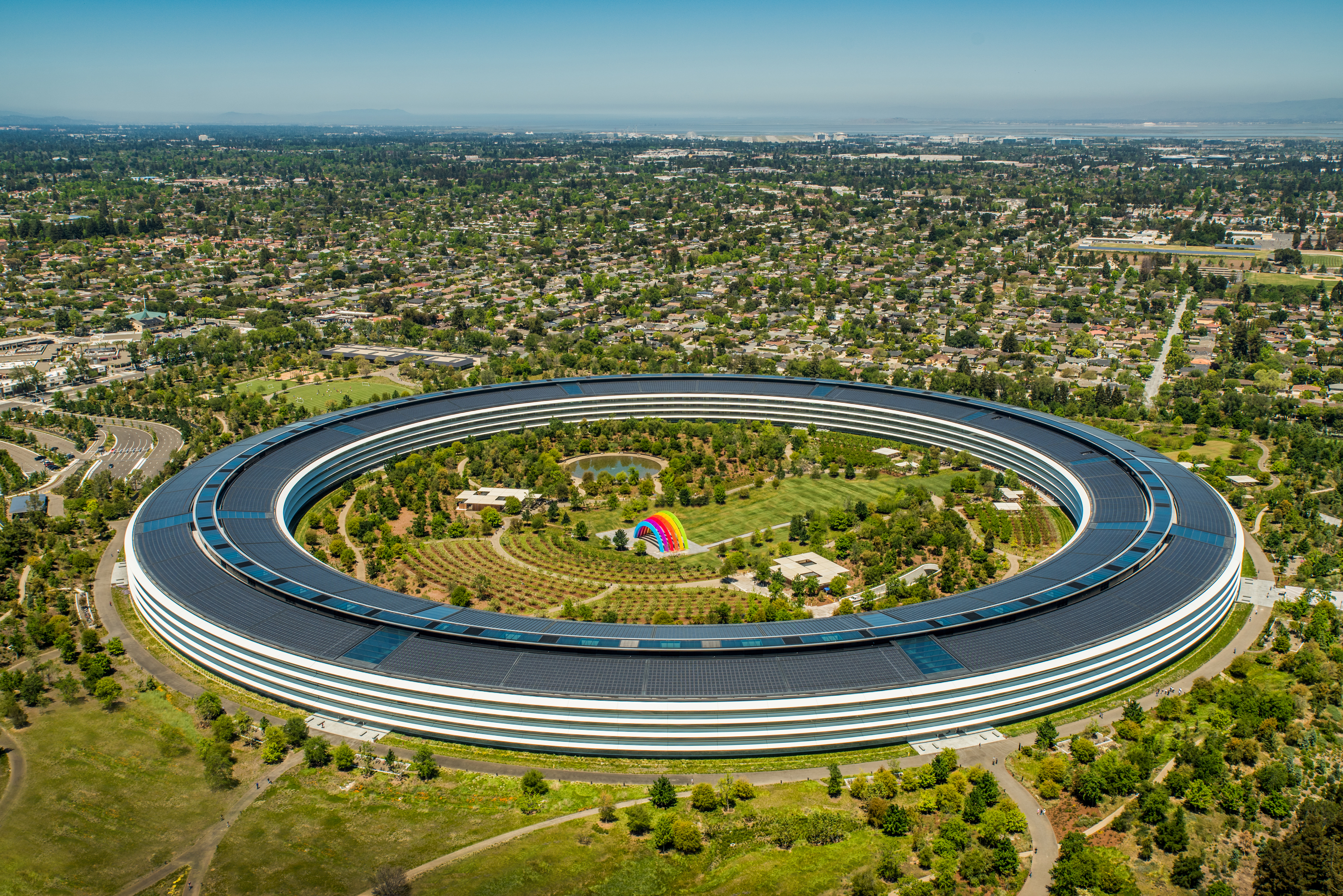
'Design always begins with a sketch,’ says Norman Foster. From St Mary Axe in London to Apple Park and the Millau Viaduct in Southern France, the British architect has created some of the most pioneering feats of architecture by sticking to this process. In his new retrospective exhibition, he seeks to showcase his awe-inspiring six-decade-long career through a clever collection of drawings, models, and photographs while looking toward the future.
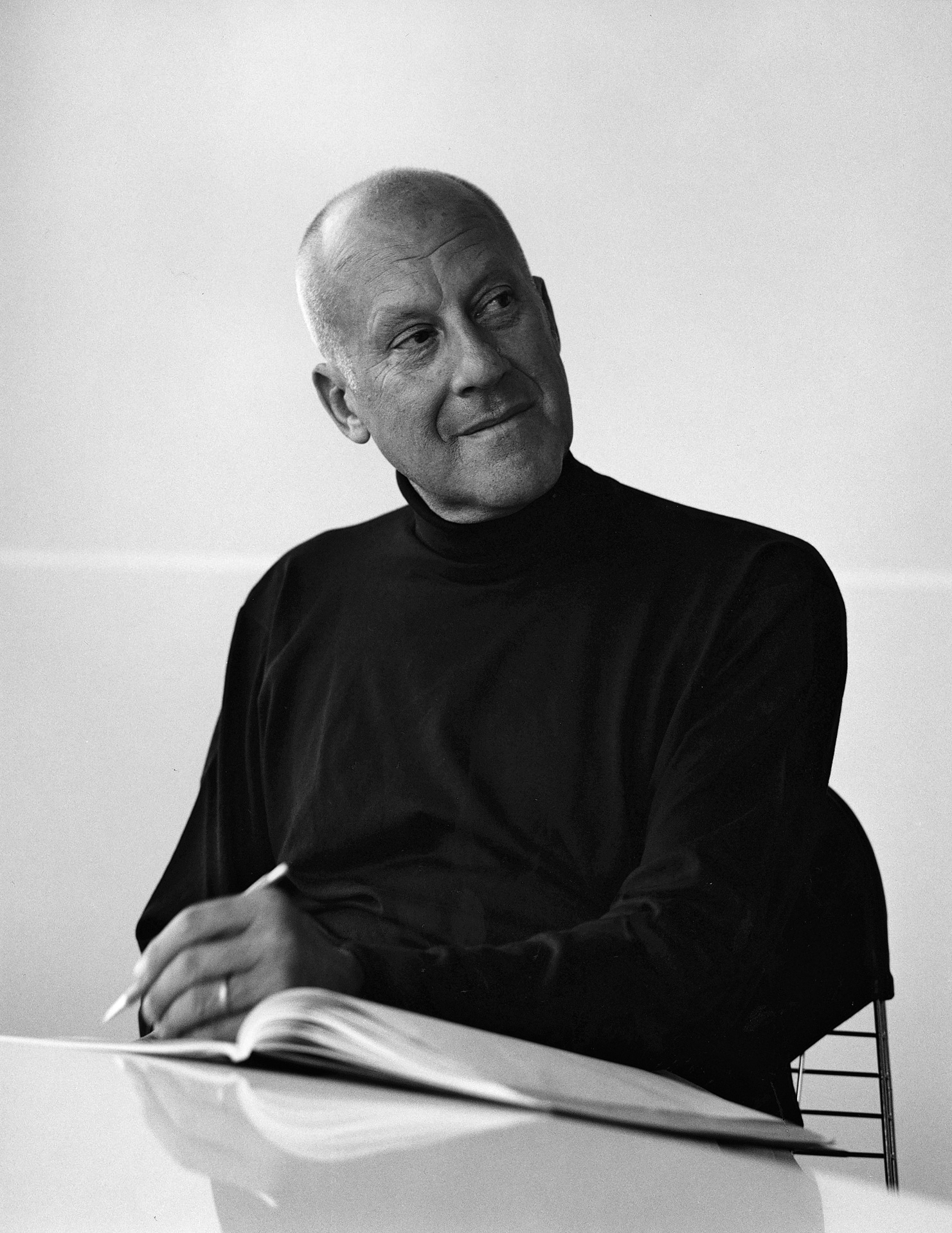
Norman Foster exhibition opens at Centre Pompidou
Housed at the top of the Pompidou Centre in Paris from 10th May until 7th August 2023, the display is a collaboration between Foster + Partners and the Madrid-based Norman Foster Foundation. Curated by the deputy director of the Musée national d’art modern, Frédéric Migayrou, the show highlights some of Foster’s most notable projects such as the Hearst Tower, Reichstag, and Hong Kong International Airport. Stretching over 2200 sq m, this is the first time Gallery 1 at the Pompidou has been solely dedicated to an architect. ‘It was a great move by President Laurent Le Bon and Frédéric Migayrou to raise the level of awareness of architecture,’ states the 1999 Pritzer Prize winner.
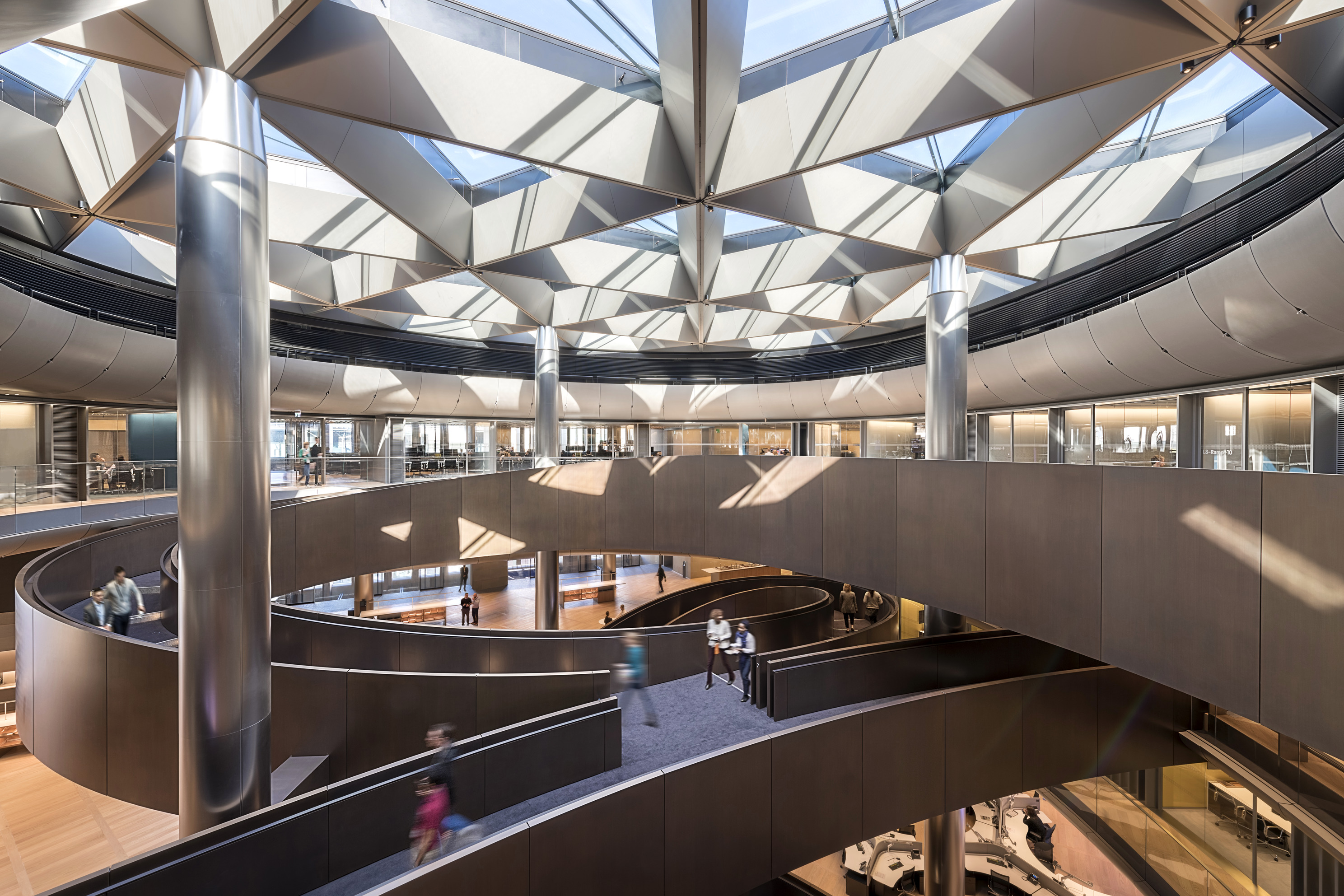
Broken into seven segments - ‘Nature and Urbanity’, ‘Skin and Bones’, ‘Vertical City’, ‘History and Tradition’, ‘Planning and Place’, ‘Networks and Mobilities’, and ‘Future perspectives’ - the display showcases the founder and executive chairman of Foster + Partners' most seminal pieces of work; but isn’t based merely on a linear timeline.
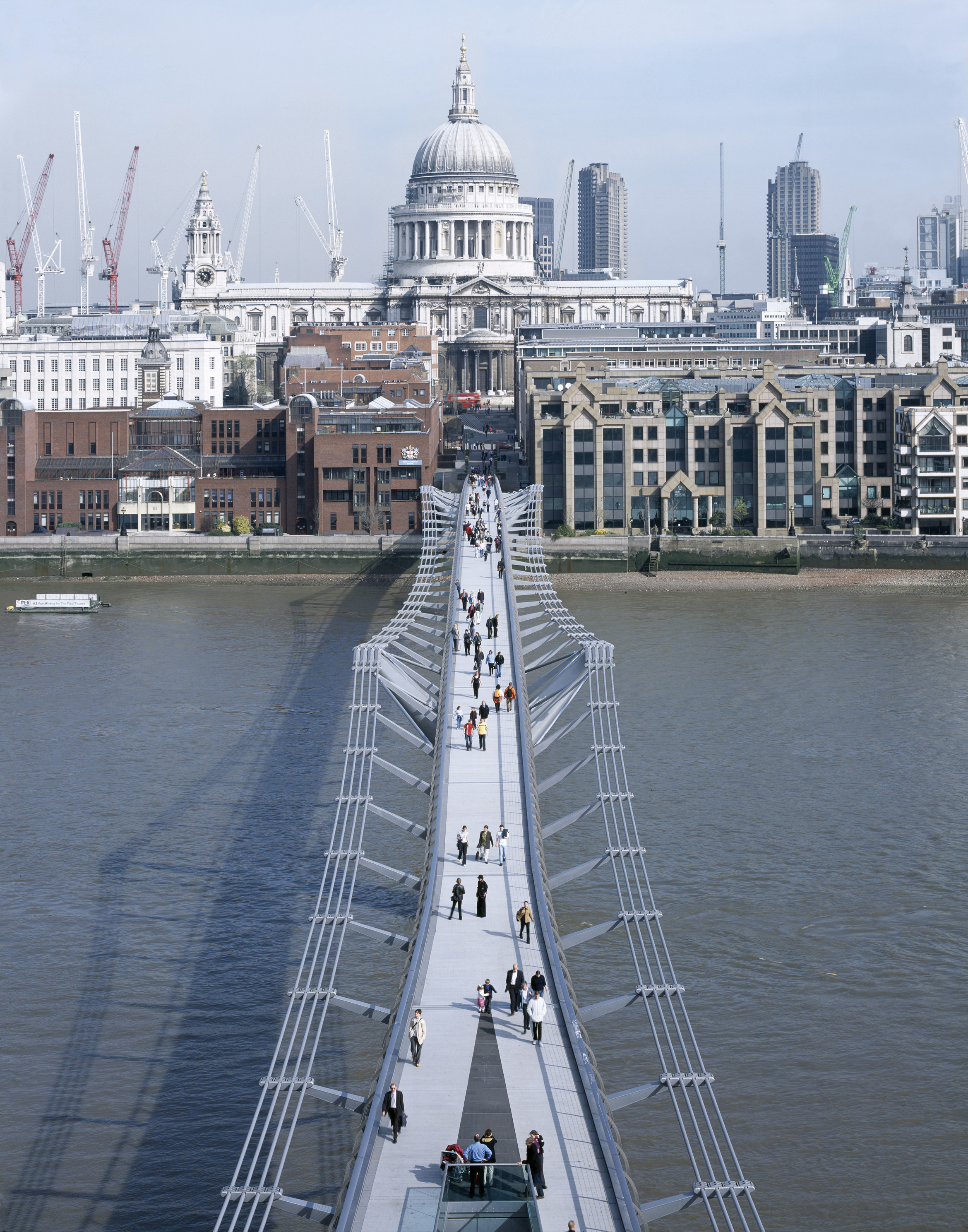
‘Norman wanted the majority of drawings at the start of the show,’ explains Migayrou. So, as visitors enter the show, they are greeted by a rich collection of framed drawings dating back to 1956. Here, the 87-year-old architect’s work from Manchester School of Architecture is presented alongside more recent sketches of projects such as Apple Park in California and the new J.P.Morgan Chase Headquarters in Manhattan. This space presents a well-curated set of never-before-seen works and sketchbook entries alongside an eclectic series of backlit postcards photographed by Foster during his many travels.
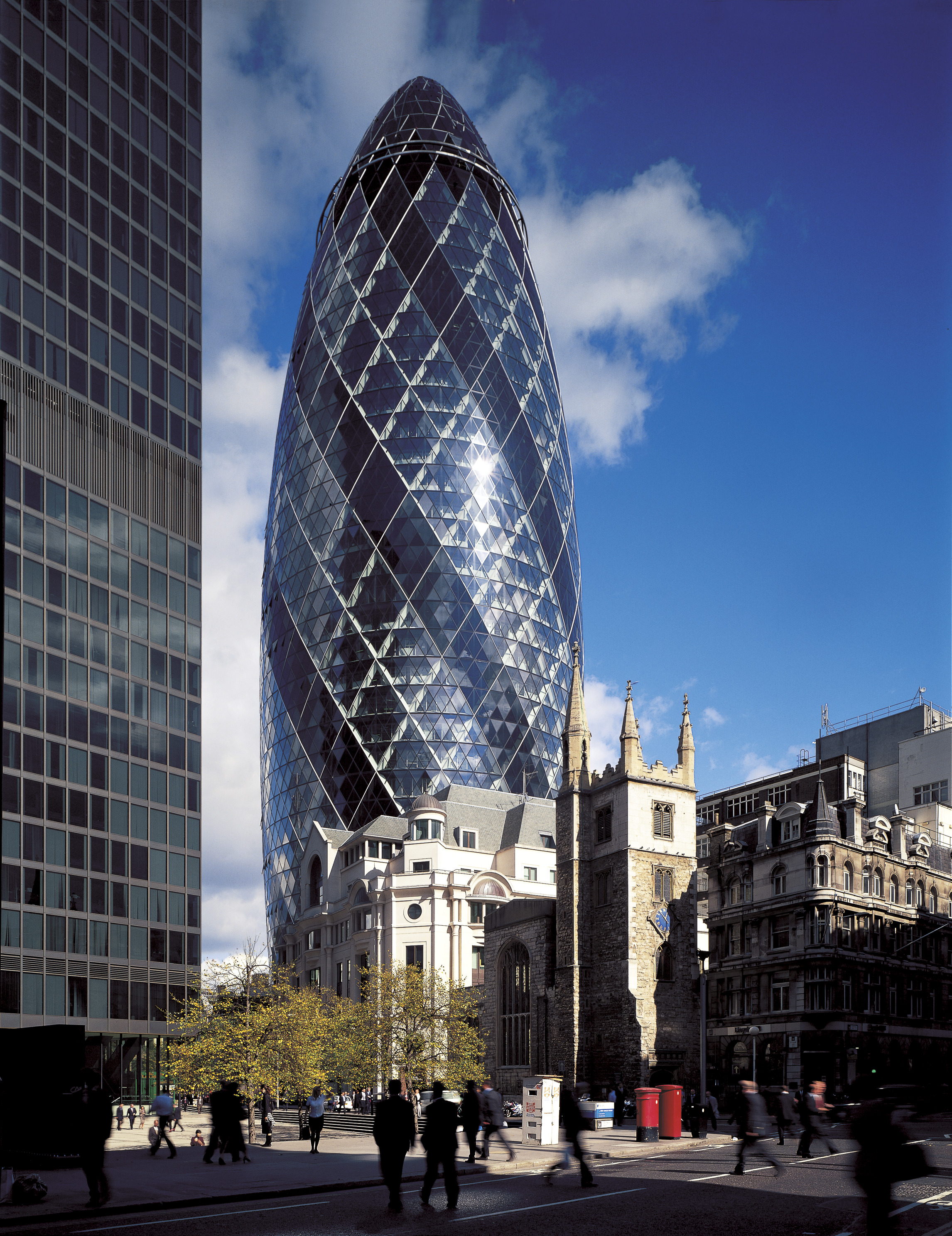
As you saunter out of the dark drawing zone, the exhibition opens up and catapults you into the mind of the British architect. Intricate models of various sizes are found, from humbly sized design development models of the The Zayed National Museum, to large elevation studies of the Bloomberg Building. ‘It was important to show different scales and parts of our buildings,’ explains Foster. Slick sketches, prototypes and photographs adorn the walls helping to give further context to each project while ‘screens help bring each scheme to life.’
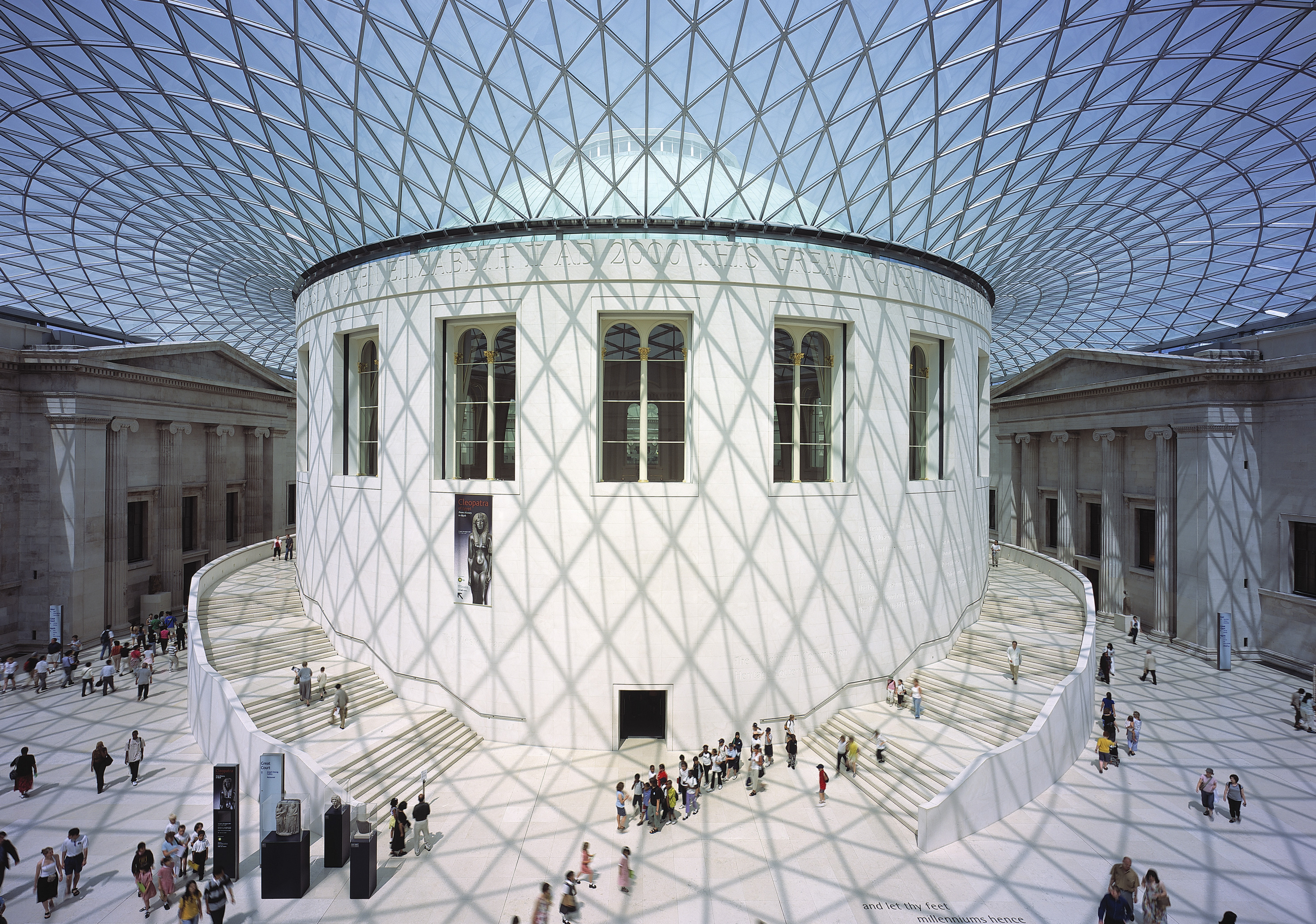
Around 130 projects from Foster + Partner’s extensive portfolio of airports, museums, and skyscrapers are shown in this exhibition. Interestingly, unrealised projects, such as the 1989 Millennium Tower for Tokyo, Japan, a lunar habitat for the European Space Agency, and a new design for London’s iconic red buses, are also on show.
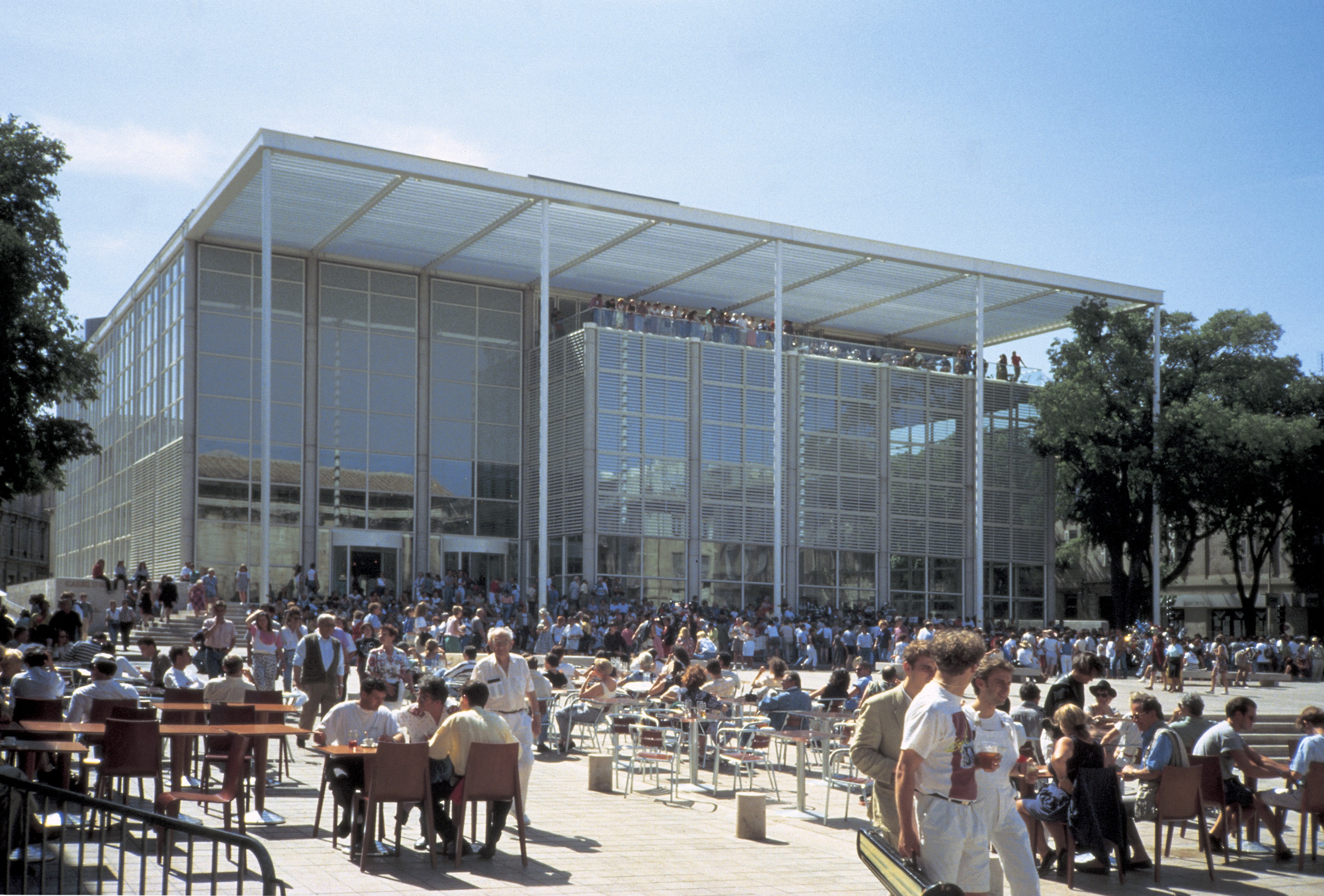
The display contains some of Foster’s biggest influences such as 'Architecture without Architects' by Bernard Rudofsky, Buckminster Fuller’s ‘Operating Manual for Spaceship Earth' and Le Corbusier’s 'Towards a New Architecture.' Work by Romanian Sculptor Constantin Brancusi, Chinese artist Ai Weiwei and Italian painter Umberto Boccioni also make an appearance along with several automobiles including, a forest green Dymaxion. At the end of the show, a tucked-away room looks to the future and showcases Foster’s work with NASA and how his practice aims to utilise drone technology for projects in Africa.
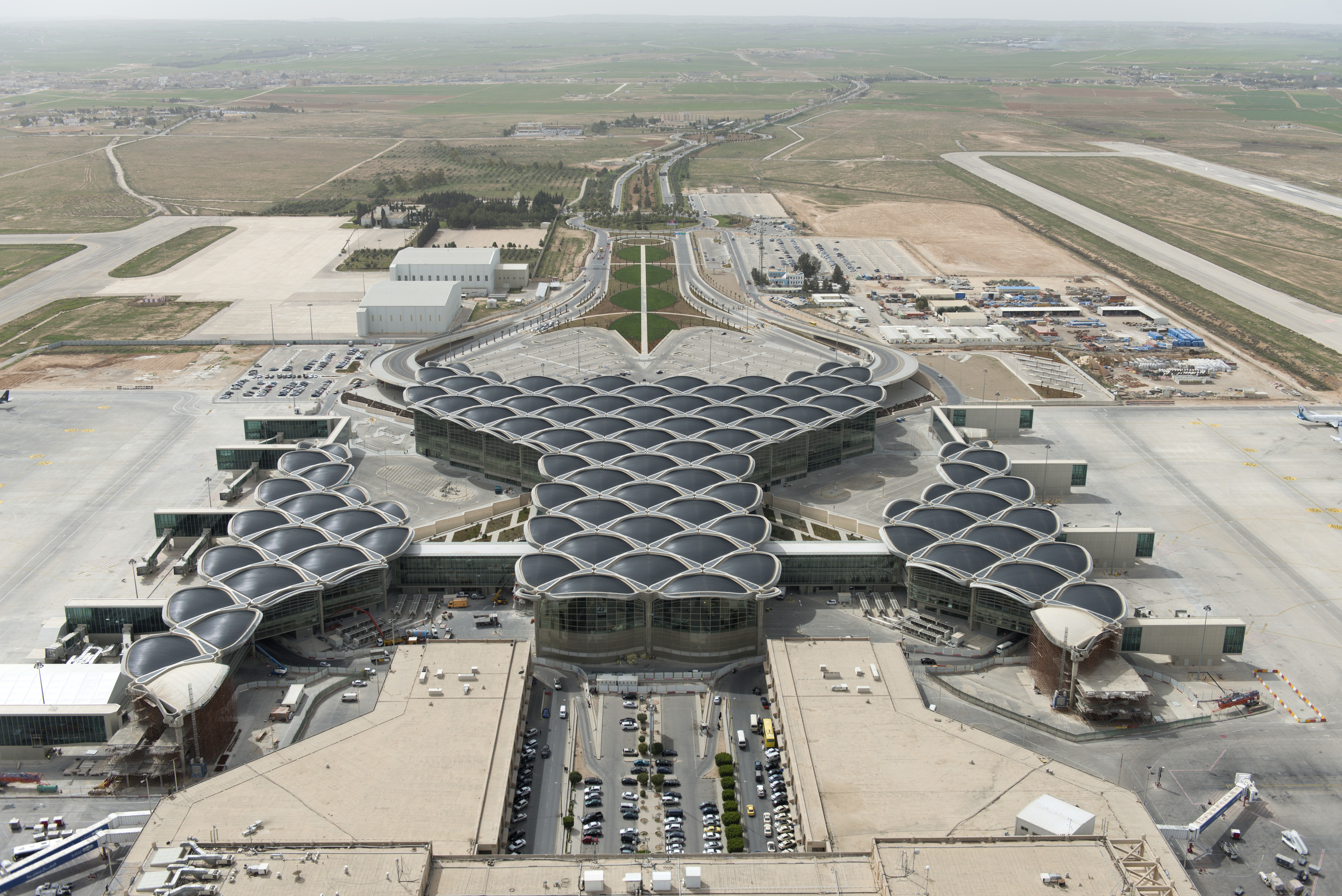
‘Ultimately, this exhibition speaks to the spirit of Foster,’ states Migayrou. The Norman Foster exhibition at the Pompidou Centre is a truly inspiring show that not only documents his career but demonstrates how his work has pushed the boundaries of design. It is an enchanting masterclass in architecture that will leave visitors excited, energised, and raring to pick up a sketchbook.
